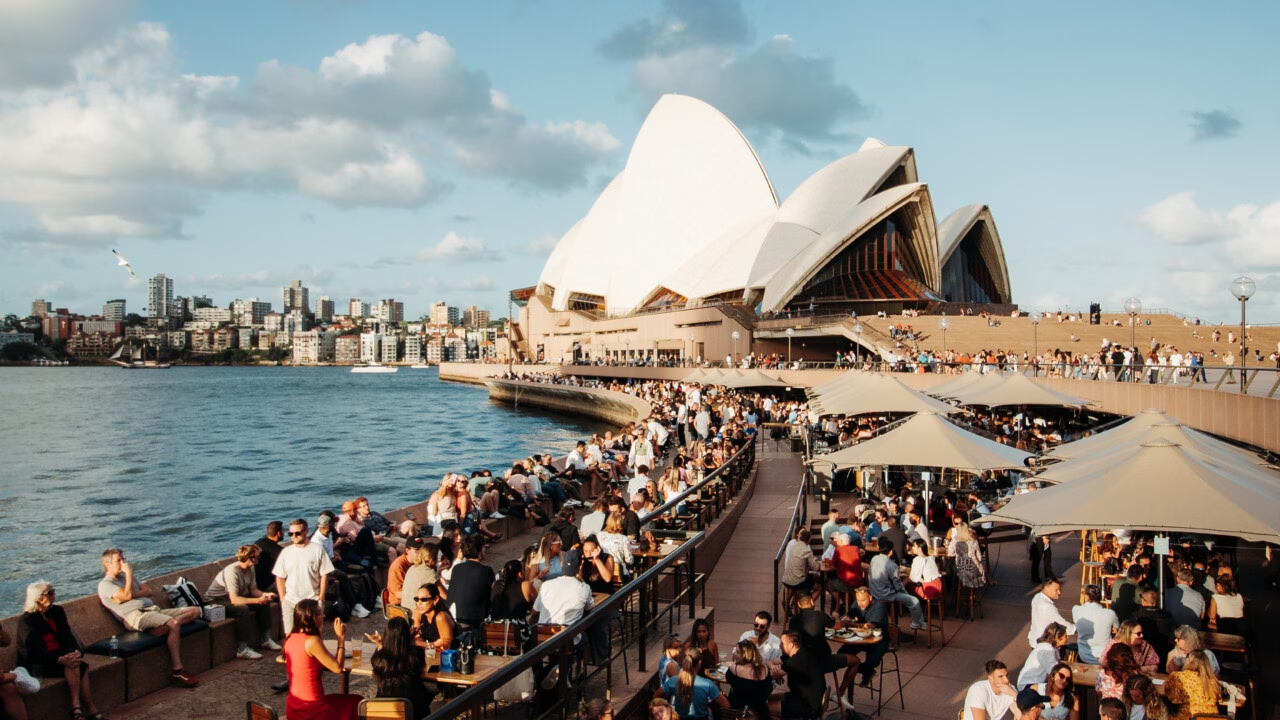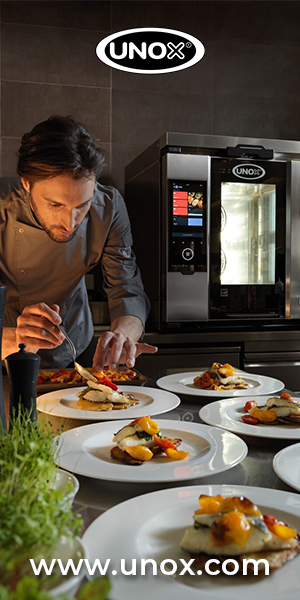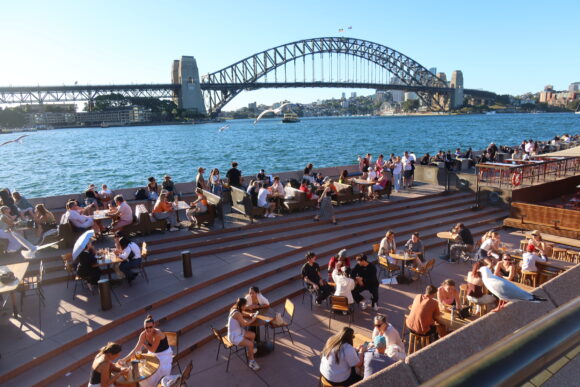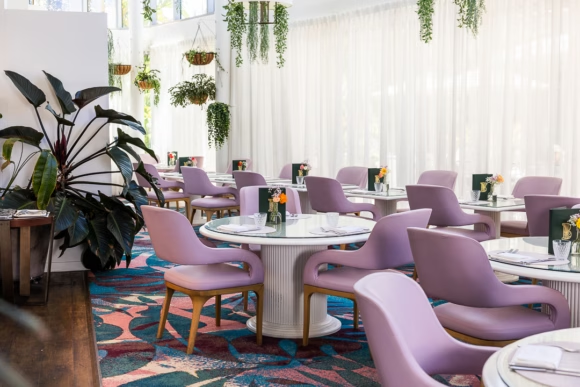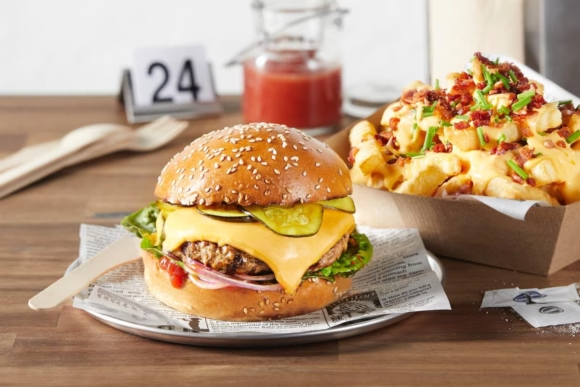Food waste is a huge challenge for venues, but Opera Bar has shown how tracking waste can help cut it by a third.
The Opera Bar, managed by Solotel, occupies an iconic location at Circular Quay, attracting both locals and tourists to enjoy harbourside hospitality. Solotel operates 30 venues and is using findings from Opera Bar to tackle food waste across the wider group.
The problem and the plan
Opera Bar’s Head Chef Fernando knew food was going to waste, but he needed to find out exactly how much and which items were being thrown out. This would help bring management and the team on board to start tackling the issue. Weighing and tracking food waste was the best way to get this information, but doing it in a busy kitchen wasn’t easy.
With a Bin Trim Equipment Rebate grant from the NSW EPA, Fernando introduced an AI-powered weighing system to help the team understand what was being wasted. After a few months, the system showed just how big the problem was, both in weight and cost, and revealed which items were being wasted the most.
The improvements
Simply weighing and recording food waste made chefs more aware of the issue and led to changes in behaviour. Trimmings that were once discarded were now saved, frozen, and reused once enough had been collected to process efficiently.
Tracking waste also influenced menu design and ingredient prep. Different parts of ingredients were used across multiple dishes to reduce off-cuts. For example, tuna trimmings from sashimi prep, which were previously wasted, were repurposed for a confit dish.
In the first month, waste dropped from 69g to 46g per cover, a 33% reduction. Kitchen-generated waste fell from 32% to just 10%, showing major improvements in operations.
Key learnings
- Measuring food waste makes the problem visible and shows where to focus efforts
- Just being aware of the waste often leads to natural changes that reduce it
- Clear communication between management, chefs, kitchen staff and front-of-house is essential to work as a team and cut waste
Next steps
At Opera Bar, reducing customer waste presents a bigger challenge. Efforts are underway to address commonly unfinished items, such as side dishes like fries.
Involving front-of-house staff is key, as they can communicate with customers and share feedback with the kitchen. This helps customers understand the changes Solotel is making, the reasons behind them, as well as the environmental benefits.
Solotel also plans to apply the lessons learned at Opera Bar across its venues to drive greater impact and bigger savings.
This article was republished with permission from End Food Waste Australia and was originally published here.

